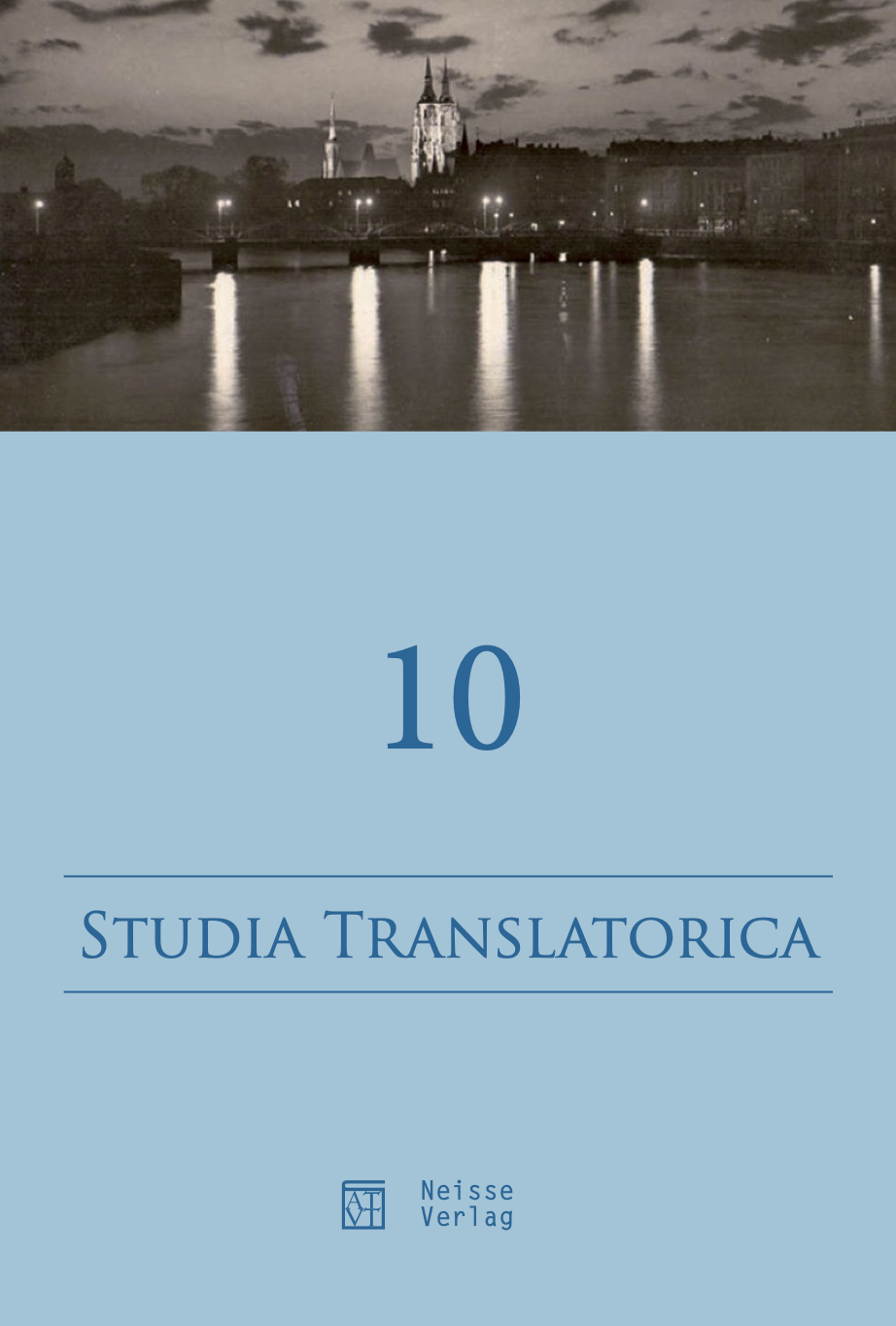Ekranizacje powieści Agathy Christie „Morderstwo w Orient Expressie”– obserwujesz i jesteś obserwowany
Screen adaptations of Agatha Christie’s novel Murder in Orient Express – you observe and you are being observed
Author(s): Iwona BartoszewiczSubject(s): Translation Studies
Published by: Oficyna Wydawnicza ATUT – Wrocławskie Wydawnictwo Oświatowe
Keywords: Agatha Christie; Murder in Orient Express; screen adaptation; Heisenberg’s uncertainty principle, adaptation; observer; interpretation
Summary/Abstract: Agatha Christie (1890–1976), less known as lady Mallowan, an outstanding author, mainly of detective novels, published Murder in Orient Express in 1933/34. From the very beginning, the book was considered a masterpiece of this genre. The reason for that is not only brilliantly constructed plot with astonishing culminating point, but also the fact that the author of the book referred to an authentic event which evoked great emotions. The event that inspired this novel was kidnapping and murder of the little son of a known and admired American pioneer of intercontinental flights, Charles August Lindbergh, that happened in 1932. The novel was translated into almost all languages. There were also numerous stage adaptations. At least four films were based on this novel which indicates the cultural significance of the work. The subject of the considerations in the present paper is an attempt to search for the answer about the role of the so-called observer in the process of reconstruction, retransmission and assimilation of thematic threads, which can become the reference point not only for the author of the literary work. They may become an element of collective memory and, in this way, the element of culture constituting narration. However, as an object of general knowledge, they are at the same time subjected to common interpretation. The Heisenberg’s uncertainty principle, referred to in its basic range in quantum mechanics, indicates the significant role of the subject observing in this process. Heisenberg proved that the presence of an observer is not neutral from the point of view of the quality of the results. Referring to these considerations on the text as a cultural object, let us analyse the ways in which the theme was modified and the significance of these changes. We consider Agatha Christie’s novel and especially its screen adaptations an interesting object of research. The observer, as it turns out, is beside the researcher also the author of the literary text, screenwriter, translator…
Journal: Studia Translatorica
- Issue Year: 2019
- Issue No: 10
- Page Range: 113-133
- Page Count: 21
- Language: Polish

